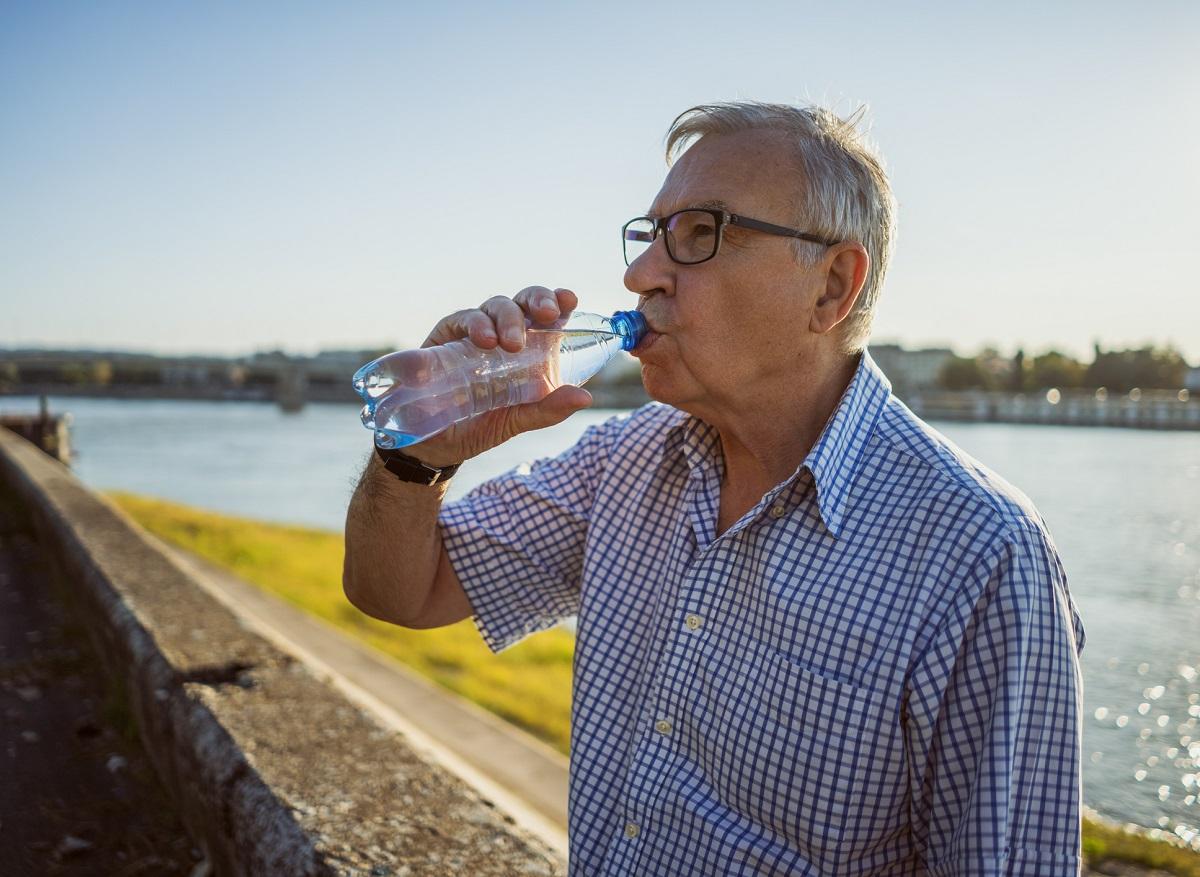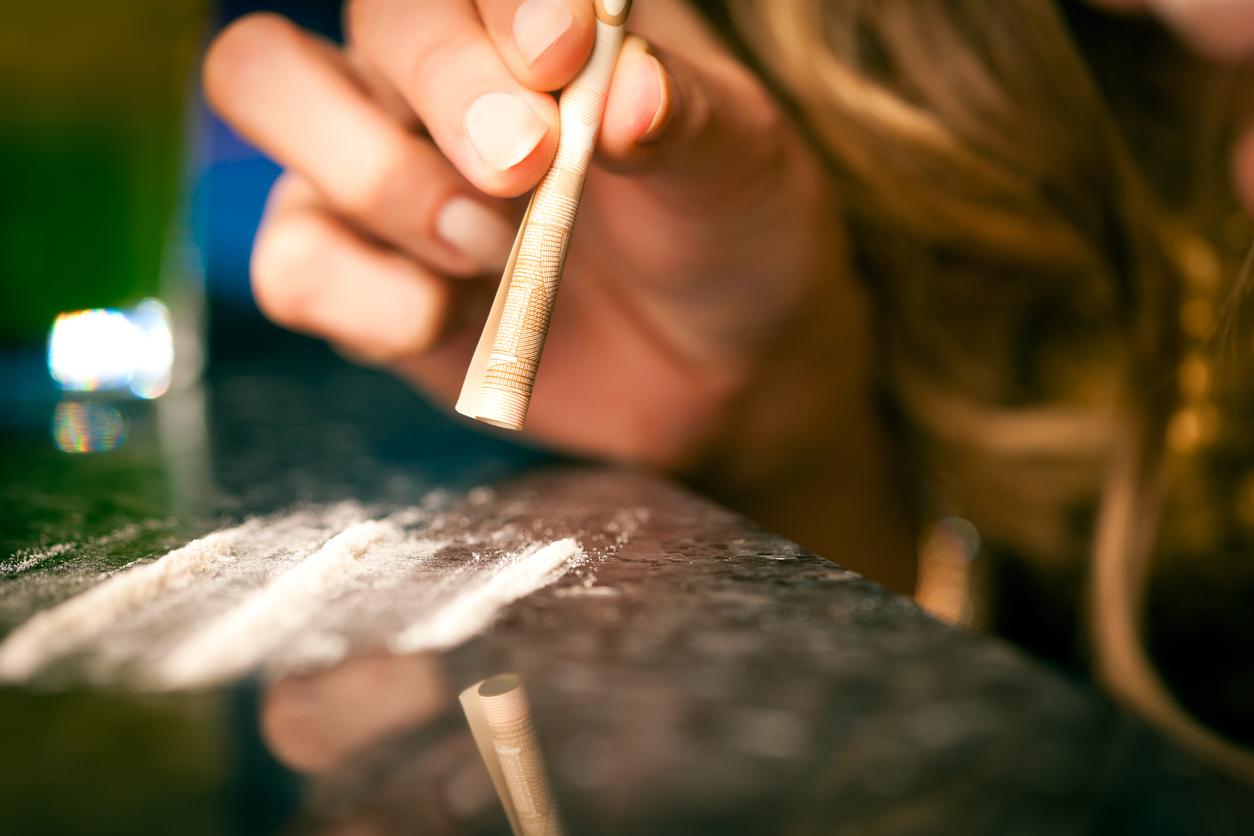
July 19, 2019
According to the Association for the control of radioactivity in the West (Acro), excessively high levels of a radioactive molecule, tritium, have been identified in nearly 268 municipalities.
Tritium contamination
The Acro association denounced on Wednesday July 17 the presence of tritium, a radioactive hydrogen, in the drinking water of 6.4 million French people. Orleans, Tours, Angers, Nantes, Blois and 122 municipalities in Ile-de-France would be affected by the radioactive contamination of drinking water with tritium. However, according to the data provided by the Ministry of Health to the Hérouville-Saint-Clair laboratory, the values do not exceed the quality criterion of 100 Bq / L (Becquerel per Liter) established by the health authorities. An interactive map distributed by Acro shows in which cities tritium was measured in tap water between 2016 and 2017.
Natural tritium is created in the atmosphere and can be found in water. In addition, fallout from nuclear tests contributes to water pollution. But these two elements only represent 2Bq / L. The Nogent-sur-Seine nuclear power station in the Aube region is believed to be the source of this radioactive waste discharged into the Seine. However, nuclear power plants are allowed to legally discharge certain wastes such as tritium.
A risk of finding other radioactive pollutants
The presence of tritium in tap water and released by nuclear power plants is sobering. The Acro highlights the real risk of contamination by other radioactive pollutants at higher levels. In the event of a serious accident on the Seine, the Vienne or the Loire, the laboratory is worried about other radioactive components that could be released and contaminate millions of French people.
For the moment, no plan exists in the event of contamination. The controls of drinking water by the regional health agencies depend on the volume of water distributed. For small towns, this represents one measurement of tritium every five years. Another associative laboratory, Criirad, denounced the trivialization of tritium contamination. The lab also claimed that the authorities accepted carcinogenic risk levels for radioactive pollutants that are more than 100 times higher than the tolerated limit for chemical carcinogens.
Stephanie Haerts
To read also: Tap water: to drink it or not?














